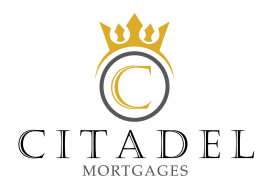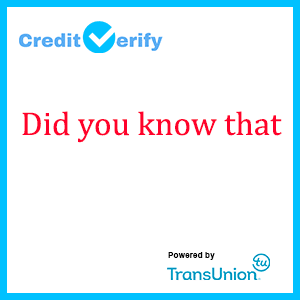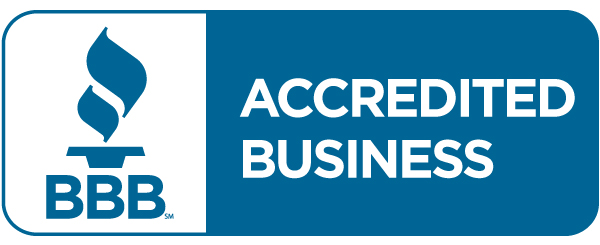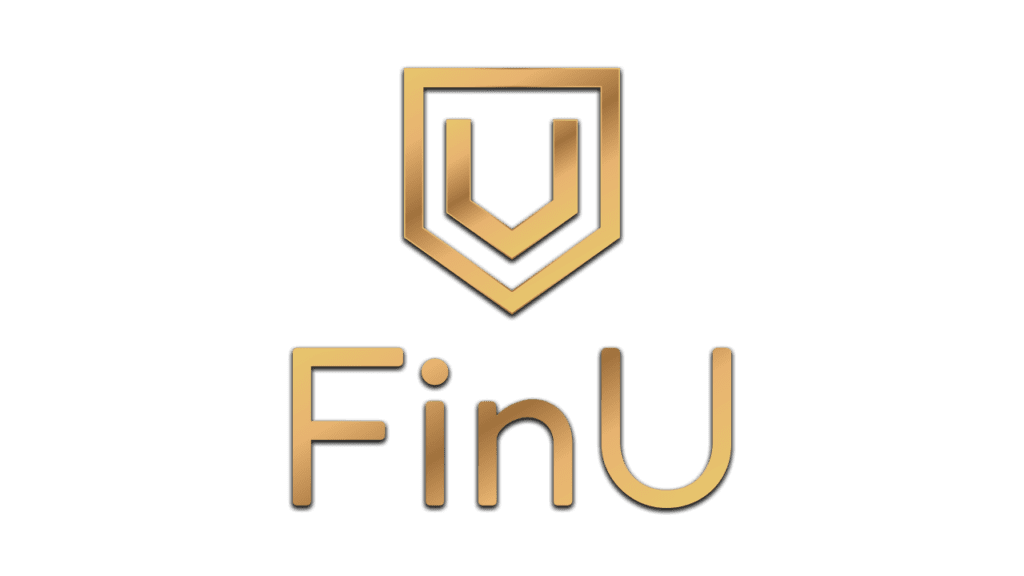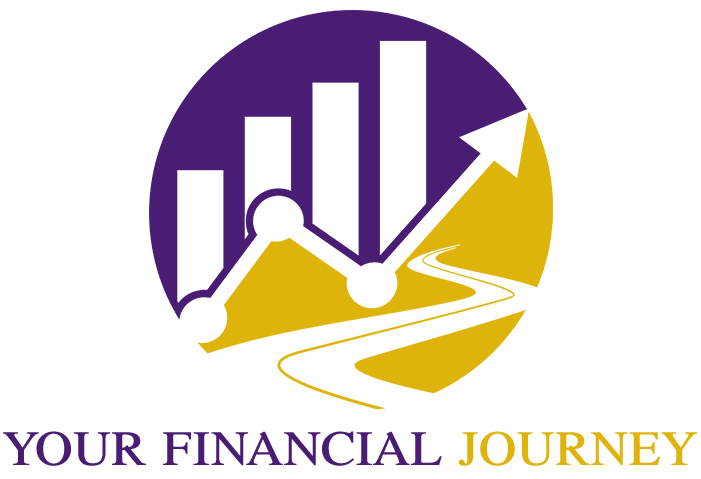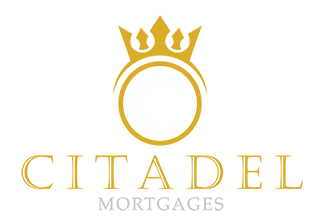Find the Best Mortgage Refinance Rates in Toronto


Featured On
Mortgage Refinance in Canada
A mortgage refinance provides an opportunity to renegotiate the terms of your mortgage before the term ends. As a result, you can take advantage of lower interest rates or increase the mortgage amount to borrow from your home equity. Here we look at mortgage refinance in Canada and how it impacts your mortgage and access to an affordable form of credit.
Mortgage Refinance 101 INSIDER TIPS TO ENSURE YOU GET THE BEST RATE & TERMS FOR YOUR MORTGAGE RENEWAL
Don’t be in a rush to sign your renewal; explore your options. This can save you thousands of dollars upon your renewal. Download this E-Book now to make the process easier and better understand the options available to you today.
What Is a Mortgage Refinance?
A mortgage refinance renegotiates your mortgage terms. You are offered the best interest rate based on your credit and current rates and have new terms. In Canada, refinancing requires applicants to pass a mortgage stress test to confirm that they can afford the current market payments. It also allows you to borrow up to 80% of the value of your home. However, breaking the terms of your existing mortgage contract can cost you thousands, depending on your mortgage conditions and timing.
What Happens When You Refinance a Mortgage Canada?
When you refinance your mortgage, the bank uses the new loan amount to pay off your current mortgage and then replaces it with your new mortgage. Sometimes, your mortgage balance increases if you include an equity loan. You can leverage lower interest rates, different terms or switch your mortgage type from fixed to variable or vice versa.
How Does Refinancing Work on a Home Canada?
A mortgage refinance in Canada “breaks” your existing mortgage contract and uses the new mortgage to pay off your first mortgage’s balance. Your new mortgage then provides what is hopefully better terms and conditions with a lower interest rate to save you money over the life of your mortgage. You will face penalties if you have a closed mortgage based on the amounts in your contract. Your new payments then kick in based on your new payment schedule, new principal, amortization, and interest rates.
How Much Can I Borrow with a Mortgage Refinance?
Canadians can refinance their mortgages to borrow up to 80% of the value of their home. For example, if your current mortgage is 50% of your home’s value, you can borrow up to 30% to reach 80% of your home’s value.
CITADEL MORTGAGES CAN HELP YOU REFINANCE YOUR MORTGAGE TO:
- Pay off high-interest loans and credit cards
- Get a better mortgage rate and term
- Combine your first and second mortgages into a new mortgage
- Access your home equity for any of your needs
- All Credit and Income Types APPROVED
- Fast, Easy Process
- Fast Funding
- Limited Time We Cover The Appraisal Once Your Mortgage Closes!
Mortgage Refinance Rates
Mortgage refinance rates tend to be higher than new homes, renewals, or transfers because they also tend to be riskier if you borrow more money when you refinance. Also, lenders lose money if you negotiate a lower rate, and they want to recoup as much as they can.
How Much Will It Cost to Refinance My Mortgage?
Mortgage refinance costs vary depending on your mortgage and lender. Penalties and fees can include:
- Mortgage registration: $70
- Legal fees: $750 – $1,250
- Home appraisal: $300 – $600
- Mortgage discharge fees if switching lenders: $200 – $350
Mortgage prepayment penalties are based on your mortgage type. For example, variable-rate closed mortgages charge three months of interest to refinance. In comparison, fixed-rate closed mortgages charge the greater of three months of interest or the difference between interest on your current mortgage rate and the interest on a new mortgage for the same period remaining on your mortgage. Also, if you have a fixed-rate closed mortgage, you will pay more penalties than someone with an open mortgage that pays zero penalties.
Should I Refinance My Mortgage?
It depends. Good times to refinance include:
- You can refinance at a lower mortgage rate that outweighs the cost of refinancing
- You want an affordable way to borrow money against your home equity without being negatively impacted by the cost of refinancing
Bad times to refinance include:
- Mortgage rates are higher or equal to your current rates, and you don’t need a loan
- The overall savings gained by a better interest rate barely covers your penalties
- Your mortgage will be up for renewal within a year or less
Mortgage Renewal vs. Refinance
Mortgage renewals take place at the end of your mortgage term, which is typically five years. You don’t pay any penalties for mortgage renewals, and you keep the same terms as your original mortgage with the same lender. Although the terms are the same, you are offered the current mortgage rates, which can be higher, lower, or the same as your current interest rate. At the time of renewal, you cannot increase your mortgage amount to use equity as a loan.
A mortgage refinance is done before your mortgage term ends. As a result, in most cases, you will pay penalties and/or fees. However, you will often get better conditions and interest rates and can borrow money that is added to your newly negotiated mortgage payments.
Mortgage Refinance vs. HELOC
Home Equity Lines of Credit (HELOC) leverage home equity but provide a revolving credit line you can access when you need extra money. A mortgage refinance is a one-time event providing a lump-sum amount. Your credit limit is based on up to 65% of your home’s value if your mortgage is paid off or up to 80% with a mortgage.
One of the problems with a HELOC is that rates are almost always variable, which can be a risk when interest rates rise. Refinancing allows you to choose your preferred type of mortgage, whether fixed or variable and offer lower interest rates than HELOCs.
What are the Pros and Cons of a Mortgage Refinance
Pros of mortgage refinance in Toronto
- A low-rate loan using your home equity
- A fixed mortgage rate locks you into a better rate than other loan types, including HELOCs
- Access to a large lump sum
- An extended amortization lowers your monthly payments to improve cash flow
Cons of mortgage refinance in Toronto
- You won’t get the lowest mortgage rates available
- There can be hefty penalties depending on when your mortgage is up for renewal and the type of mortgage you have
- Lenders expect you to pass the mortgage stress test for approval
- Resetting your amortization costs more in interest
OUR TRUSTED LENDER PARTNERS





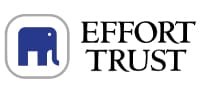


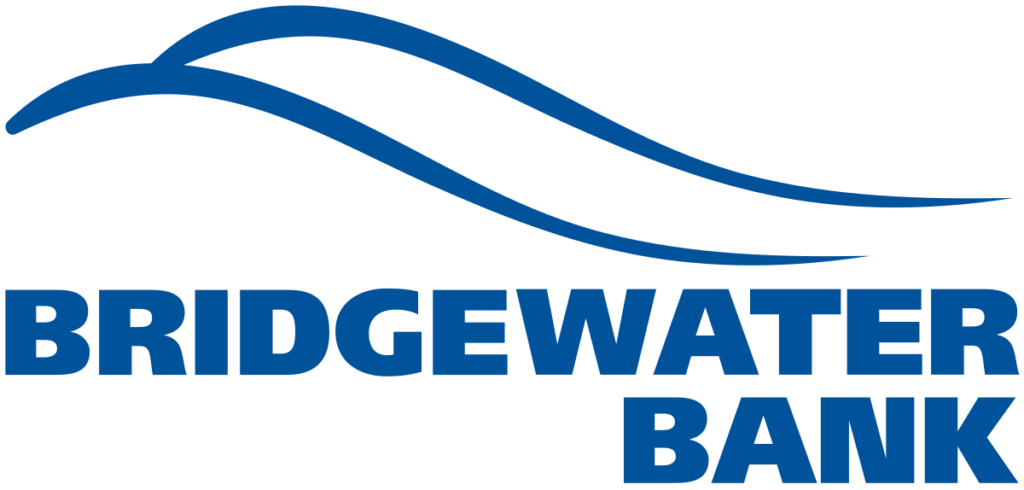


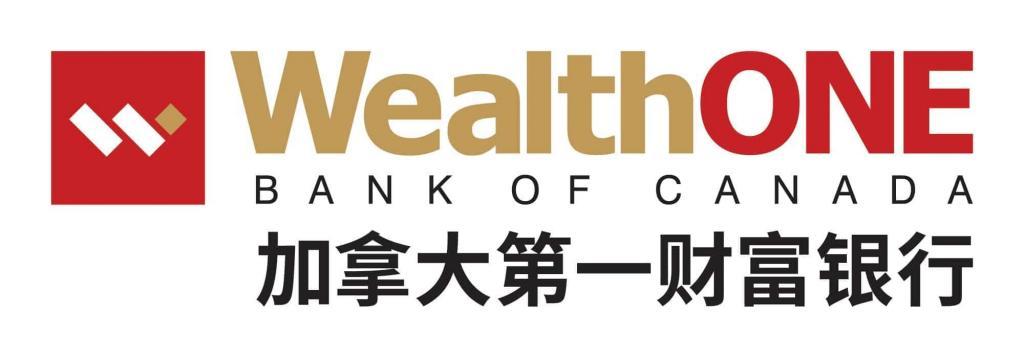
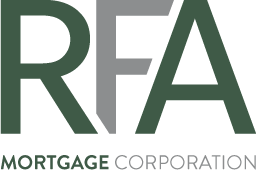


Best Mortgage REFINANCE Rates Canada
What Mortgage Rate Is Best For Me
- Get a locked in, competitive rate.
Ideal if you want protection against interest rate increases or have a fixed payment over the term of your mortgage.
5 YEAR FIXED HIGH RATIO RATE ( UP TO 95% LTV)
5 YEAR FIXED REFINANCED RATE
( UP TO 80% LTV)
- Get a lower rate that changes with the market.
Ideal if you want to save money if interest rates go down.
5 YEAR VARIABLE HIGH RATIO RATE ( UP TO 95% LTV)
5 YEAR VARIABLE REFINANCED RATE ( UP TO 80% LTV)
- Learn How to become mortgage free 7-8 years sooner today!
Combine a mortgage with a home equity line of credit to pay your mortgage off faster, while having a readvacable line of credit to use in the future!
5 YEAR FIXED RATE
HELOC RATE
Receive up to 1,000 Air Miles Reward Miles
Receive up to $2,500 cash back
*Some conditions apply, mortgage must close.
Mortgage Refinancing Made Simple With Our Mortgage Refinancing Mortgage Solution!
Mortgage refinancing can be a little overwhelming sometimes. All day we see a lot of advertisements from banks and lenders with today’s lowest mortgage interest rates. However, lower rates don’t always mean that it’s a better mortgage for you. Using a mortgage broker for mortgage refinancing can eliminate the confusion and ensure you fully understand what the new mortgage rules are and how they can impact your new mortgage refinance.
Our expert Mortgage Brokers at Citadel Mortgages are trained, correctly, to understand your current financial situation, while also gaining information regarding your future financial goals. This is very important as it helps us understand which type of mortgage product, and terms to seek for our clients.
See The Difference For Yourself and Get Approved Today!
Reasons for Refinancing Your Mortgage Can Be To
- Consolidate Debt
- Renovate Your Home
- Invest In Your Business
- Pay Off A Consumer Proposal
- Pay Mortgage Arrears
- Purchase Investments including Real Estate
- Pay for wedding expenses
- Pay for education
- Cover medical expenses
- Pay CRA tax arrears
- Pay property tax arrears
- Take a family vacation
- Purchase a car
- Get out of high interest loans
- Invest In RRSP or RESP
- Pay off pay day loans
- Pay Off Judgements, Garnishments
- Finance whatever your specific needs may be
Mortgage Refinance & Renew My Mortgage Options by citadel Mortgages

Let's get started
What Documents Do You Need To Refinance Your Mortgage?
- Current Mortgage Information Statement – Must be dated same month as your application form, if you do not have one you can contact your mortgage lender and request one to be sent to you by email.
- Most recent property tax statement – If you do not have this, then you can get the most updated statement from your local city hall.
- Most recent NOA may be requested to show no income tax owing – If income tax owing it will need to be paid out from the new mortgage upon closing.
- Job Letter and most recent paystubs
- Last 2 Years T4s
- Other documents may be required, our mortgage agents here at Citadel Mortgages will help you if any other documents are required for your mortgage refinancing needs.
Frequently Asked Questions on Mortgage Refinance
80% of the value of your home.
You should have at least 20% equity in the property.
You will likely see a decreased rating at first. Within months it will go back up and even improve as you lower your debt amount and/or your monthly payments.
The best reasons to refinance include:
- Getting a lower interest rate
- Accessing equity in your home
- Debt consolidation to pay off high-interest deb
Most Canadian lenders stick to a “seasoning” period of six months before they are willing to refinance.
As long as the market value doesn’t decrease, your home’s equity remains intact.
Some lenders might be willing to refinance if you have a good credit rating.
Client Success Stories
Our clients always come first. Our goal is to help you get the best advice and mortgage solutions for your needs. Citadel Mortgages was formed to help you achieve your financial home success, so allow us to help you today. Please speak to one of our mortgage agents today!
Find out how much home you can afford
Calculate how much you’d spend each month to buy a home or renew or refinance your mortgage.
Start thinking about how much you spend each month, create a budget, and start saving up for your home.
Our Awards

